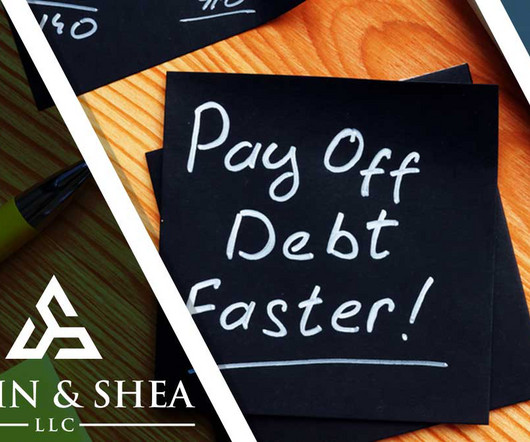How Does Bankruptcy Affect Your Job and Future Credit?
Sawin & Shea
SEPTEMBER 28, 2022
For example, if you have been having your wages garnished to pay back a persistent creditor, your employer would be aware that this is no longer necessary since you are in the process of Chapter 7 or Chapter 13 bankruptcy. Will my bankruptcy show up on a pre-employment check?












Let's personalize your content